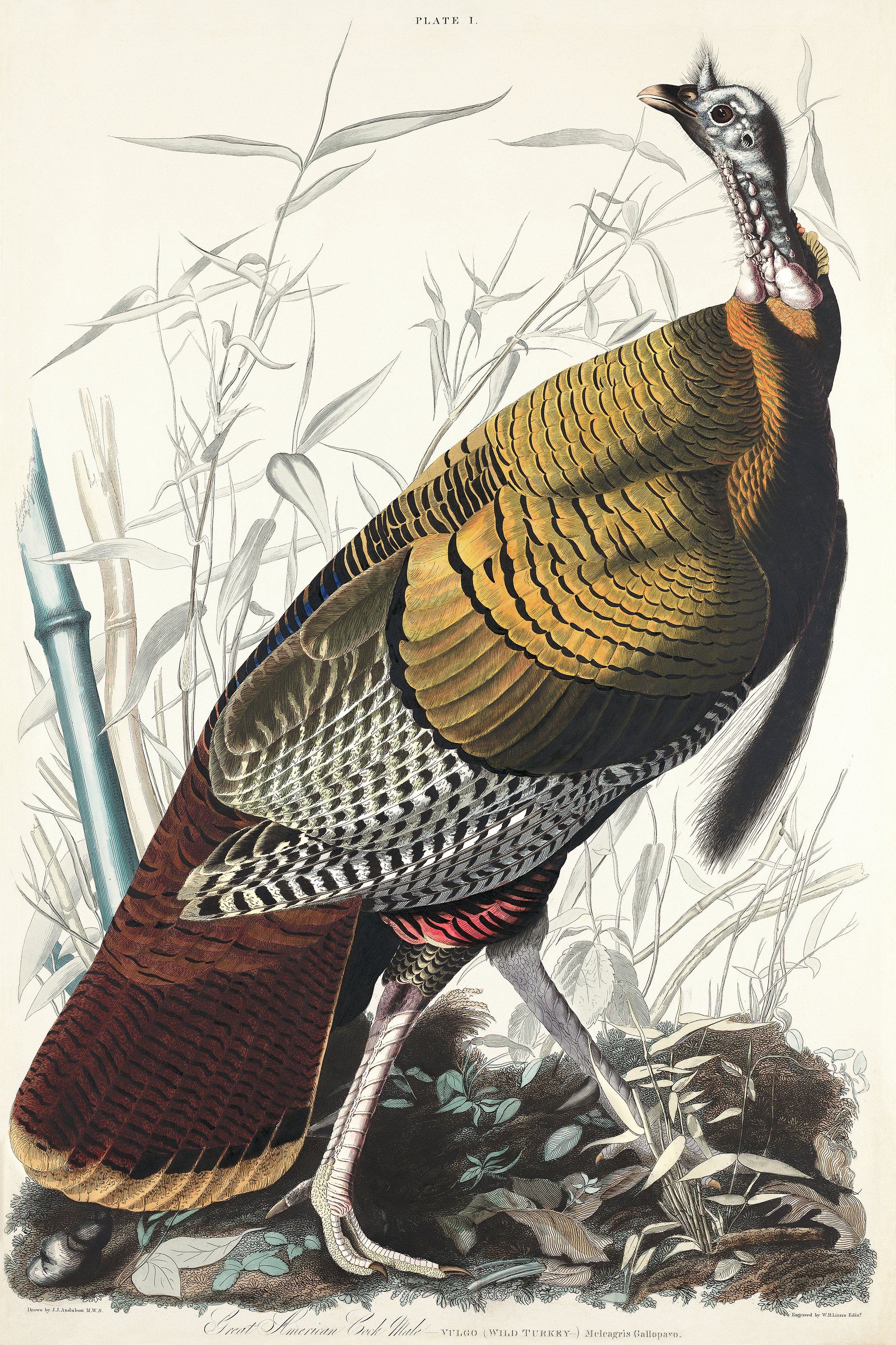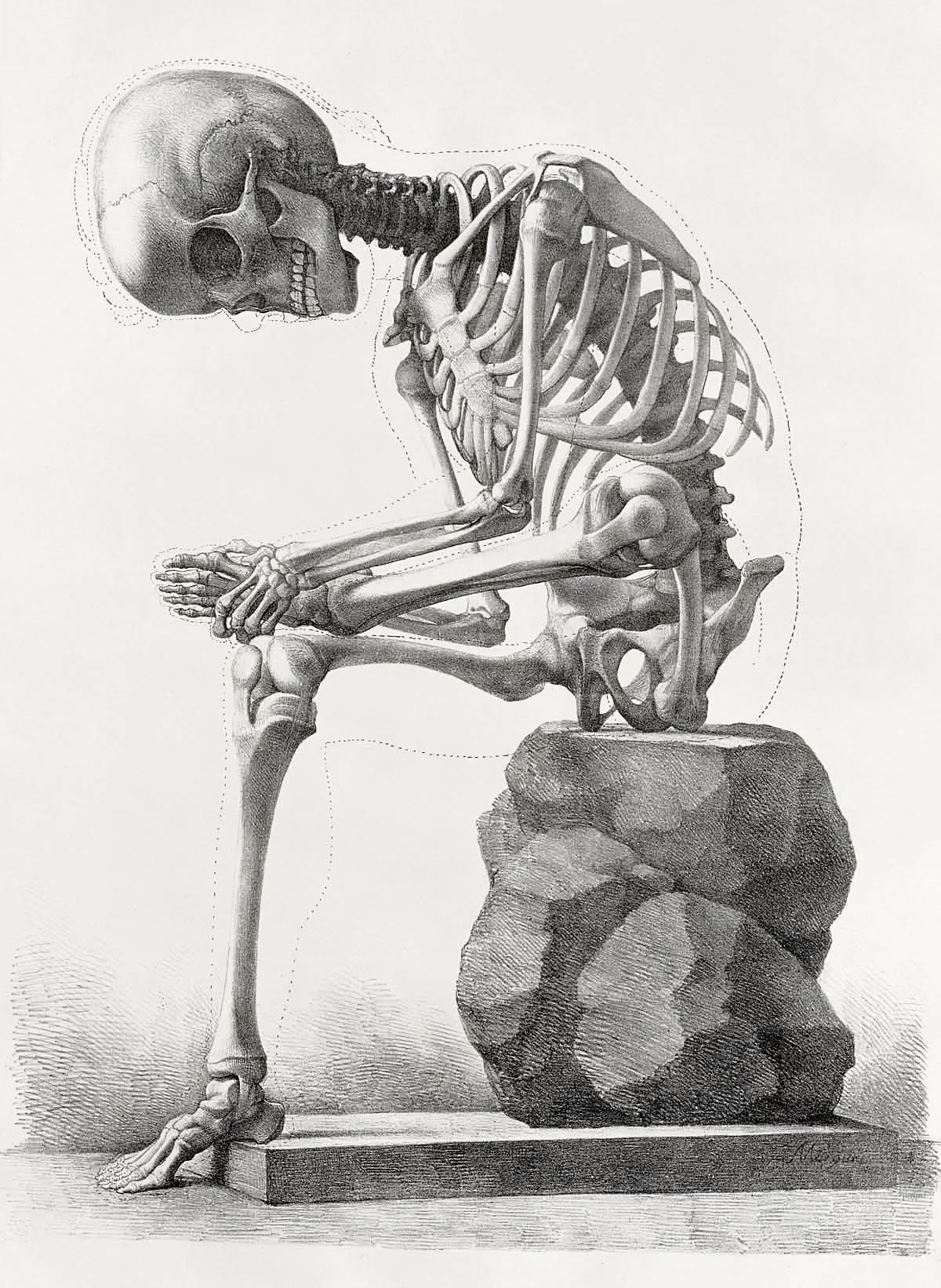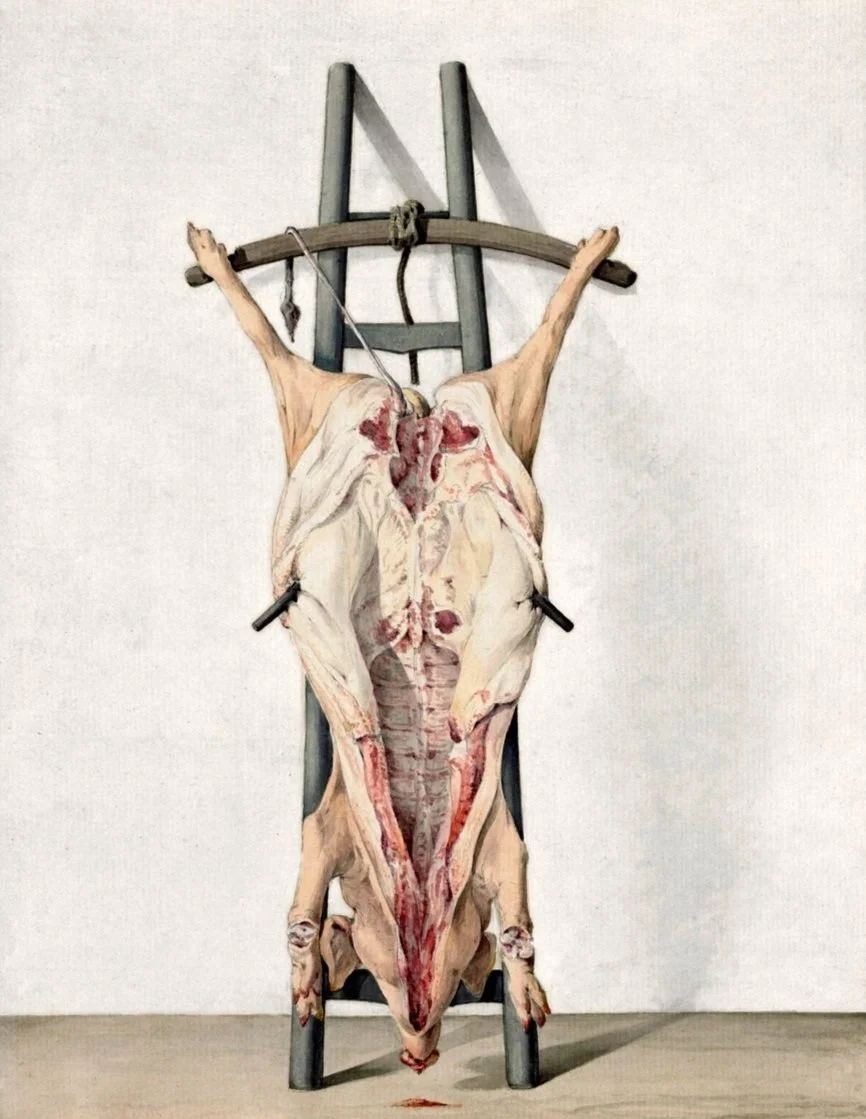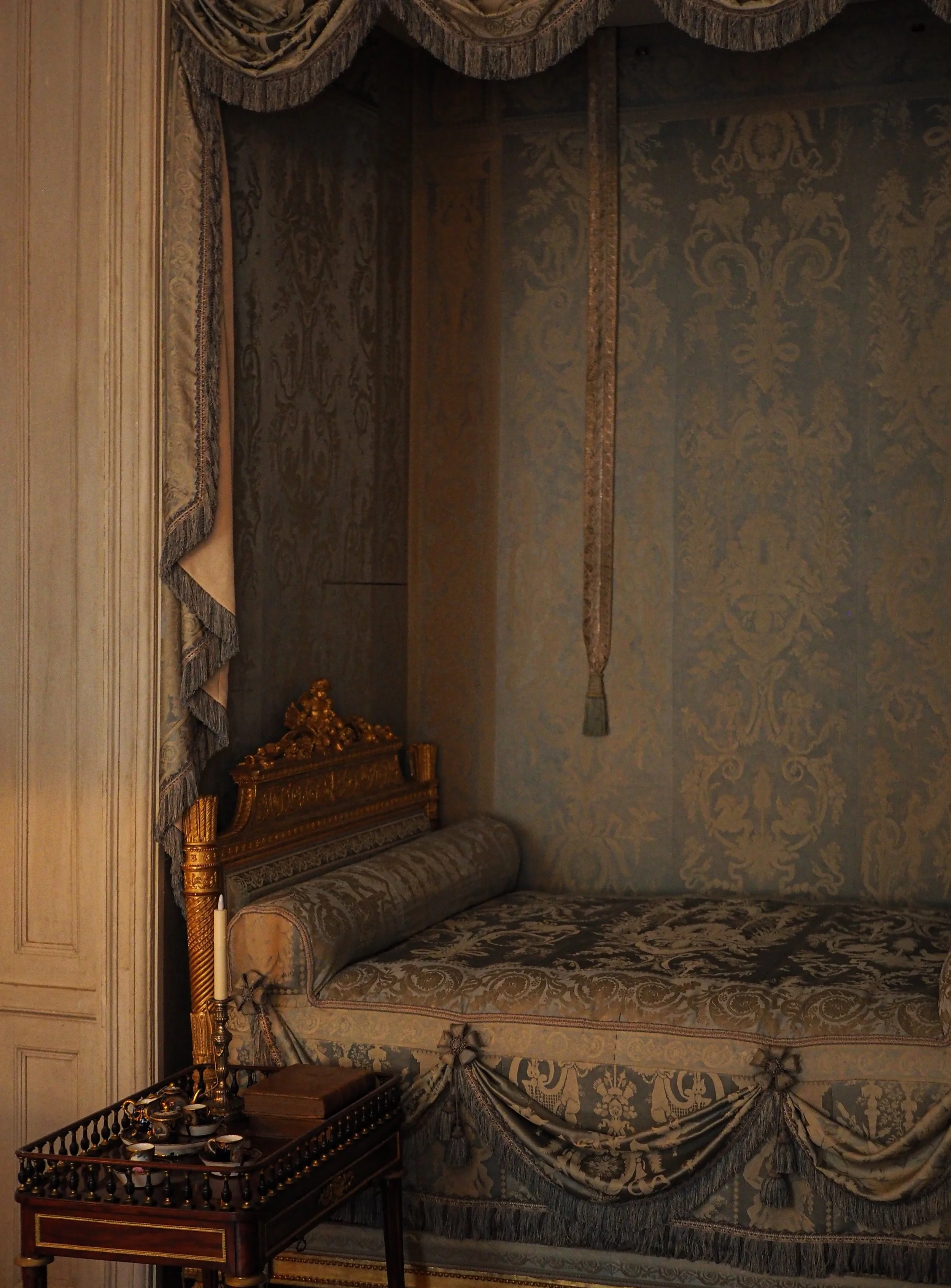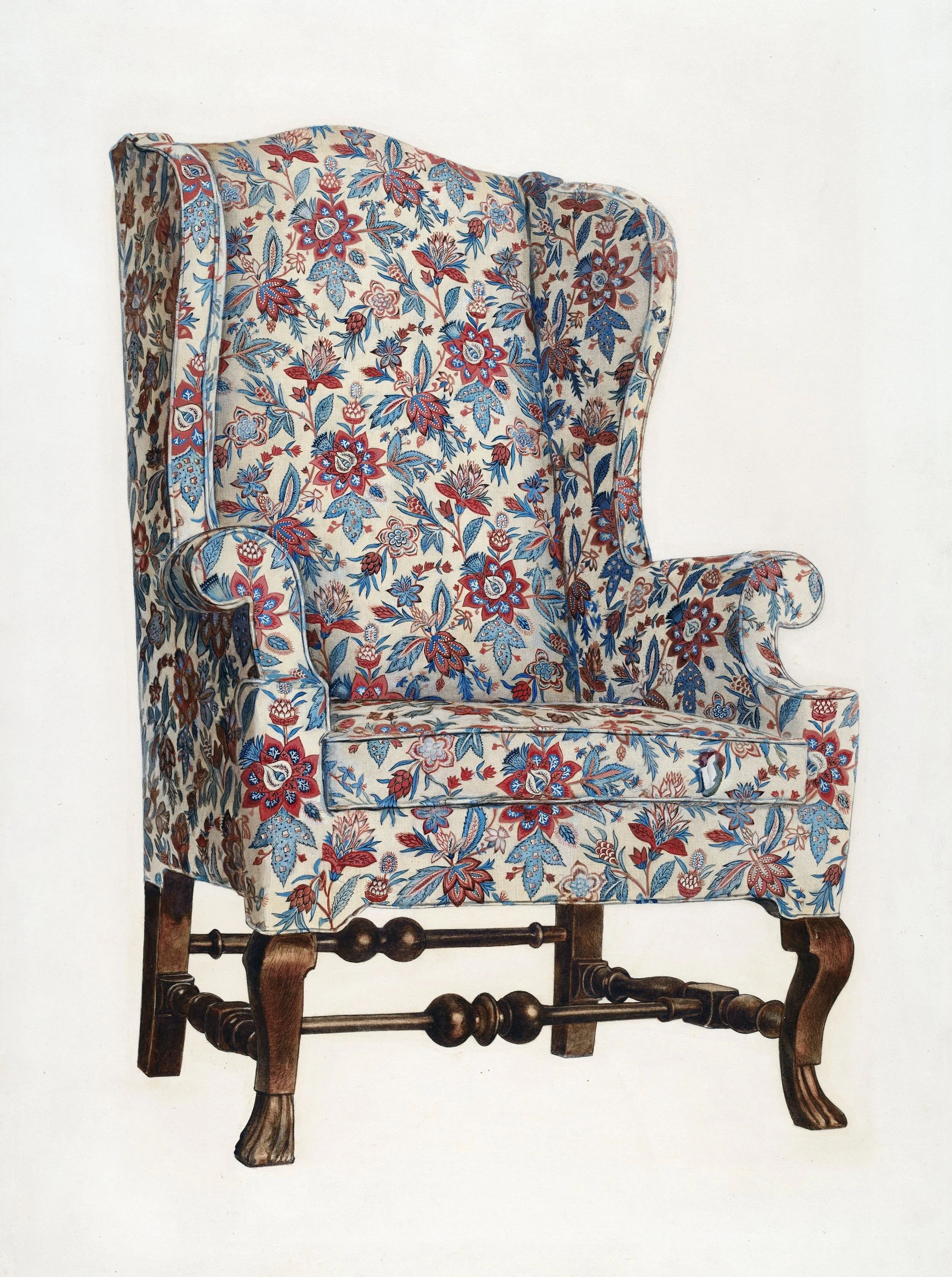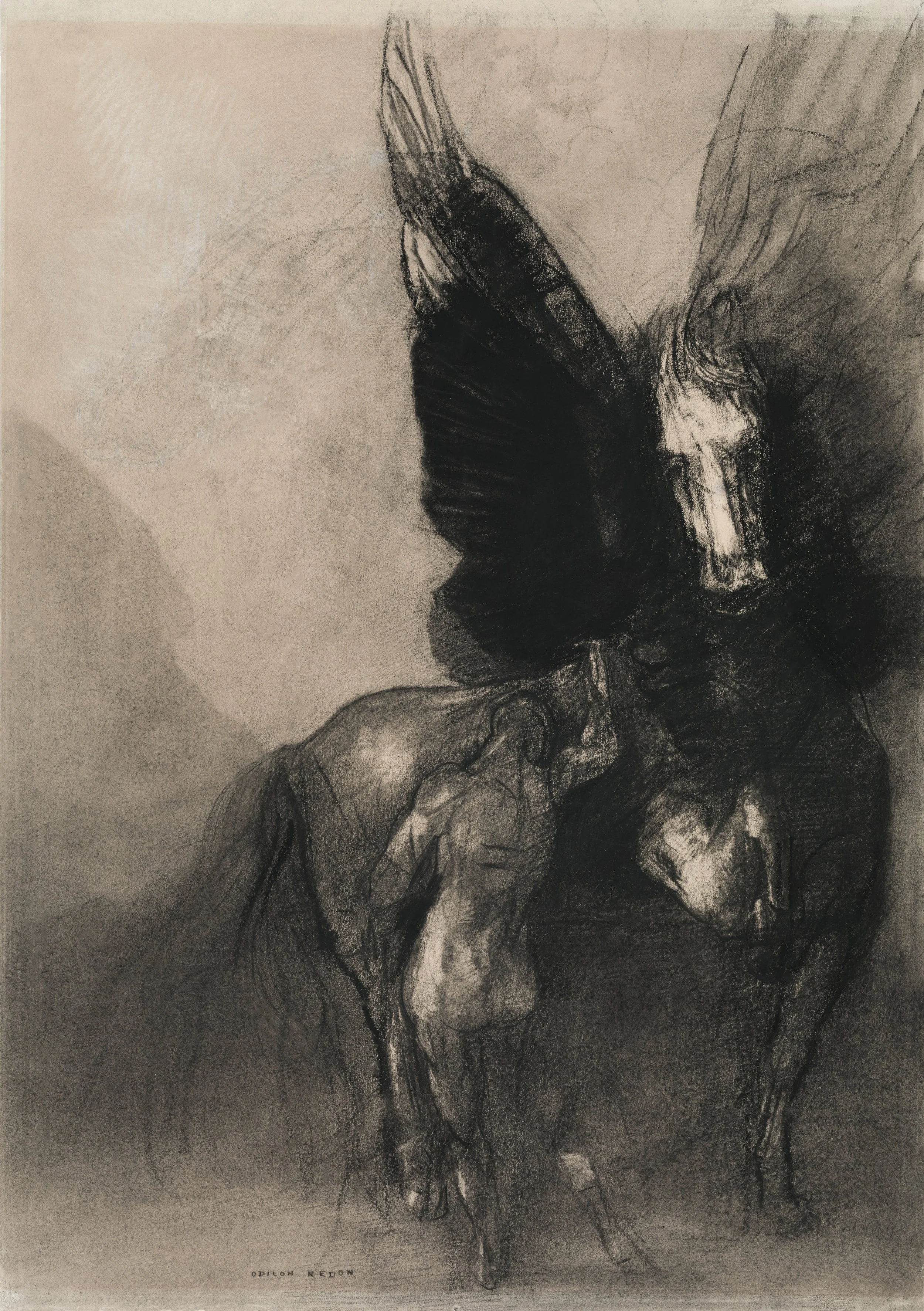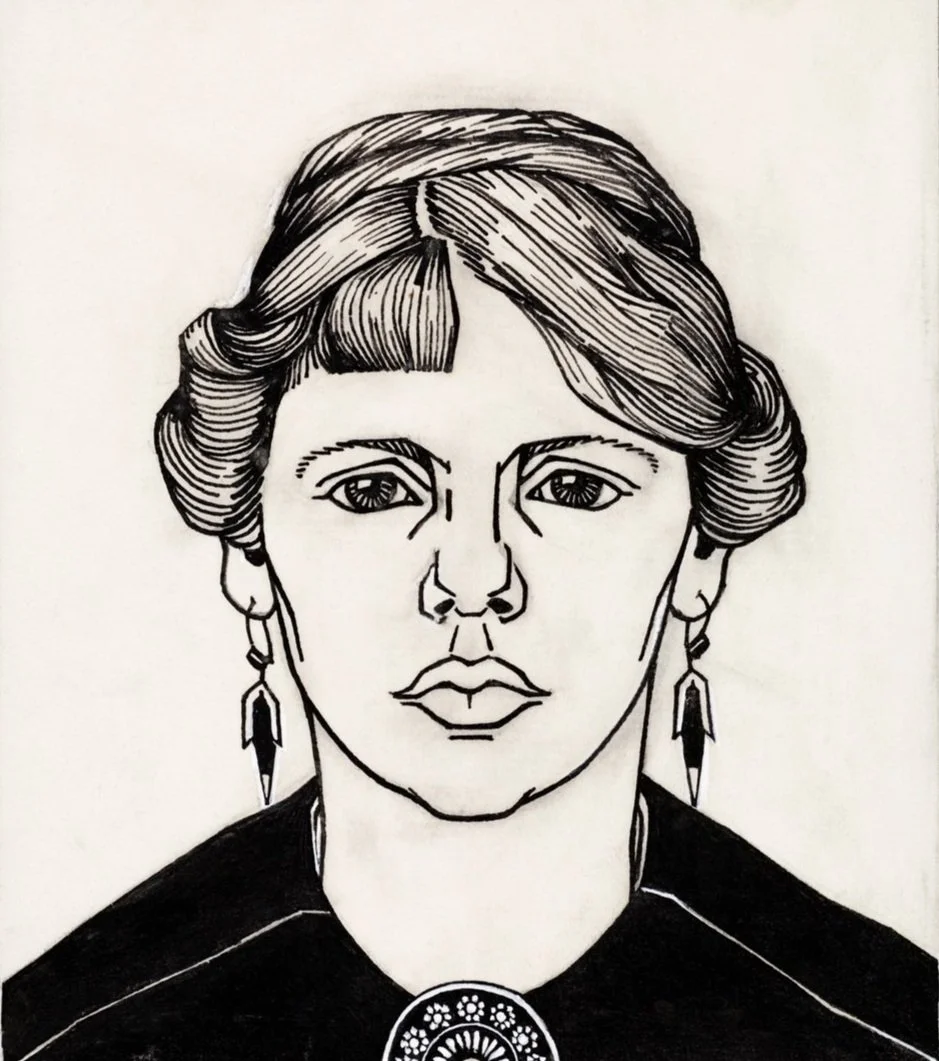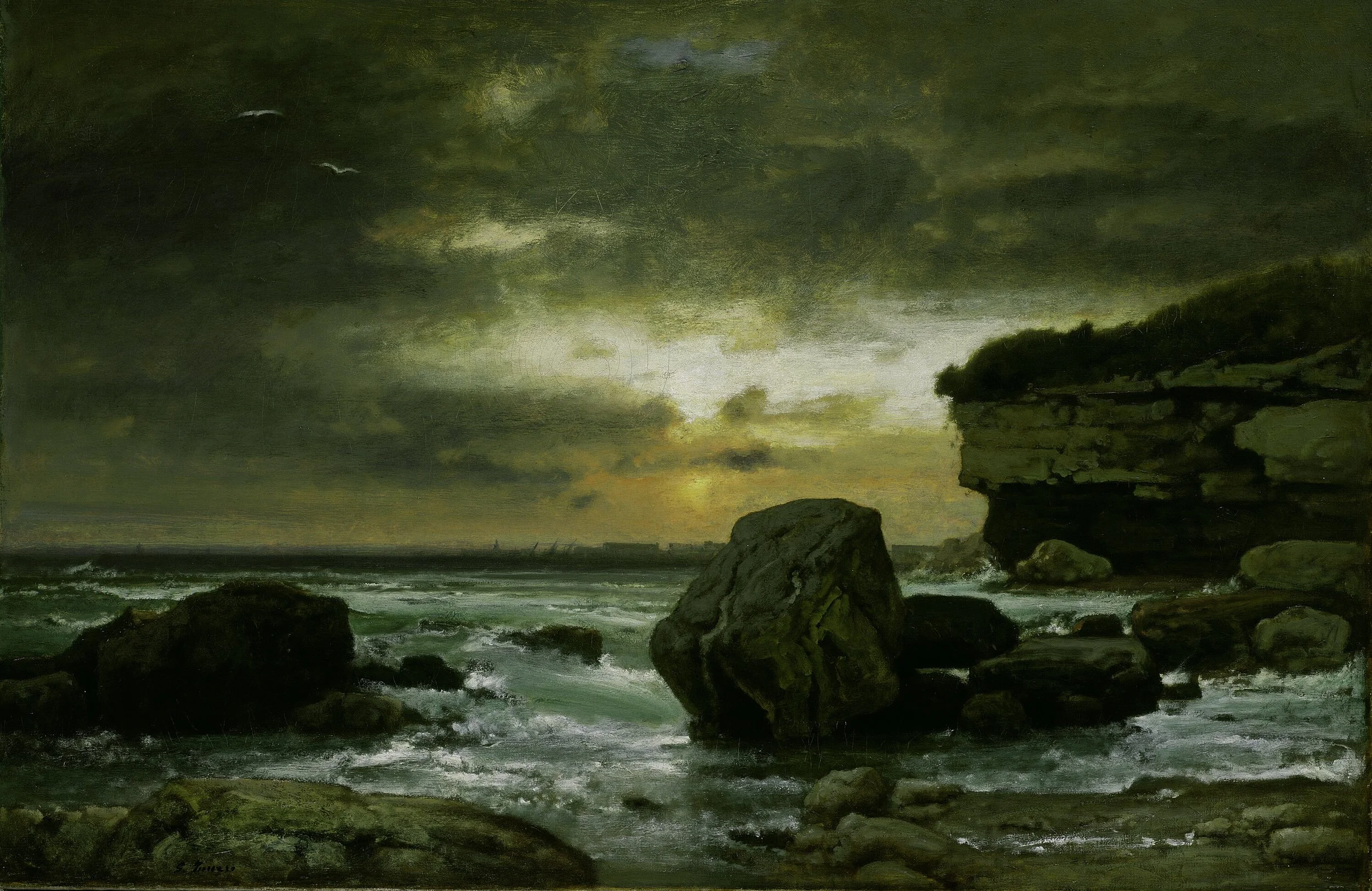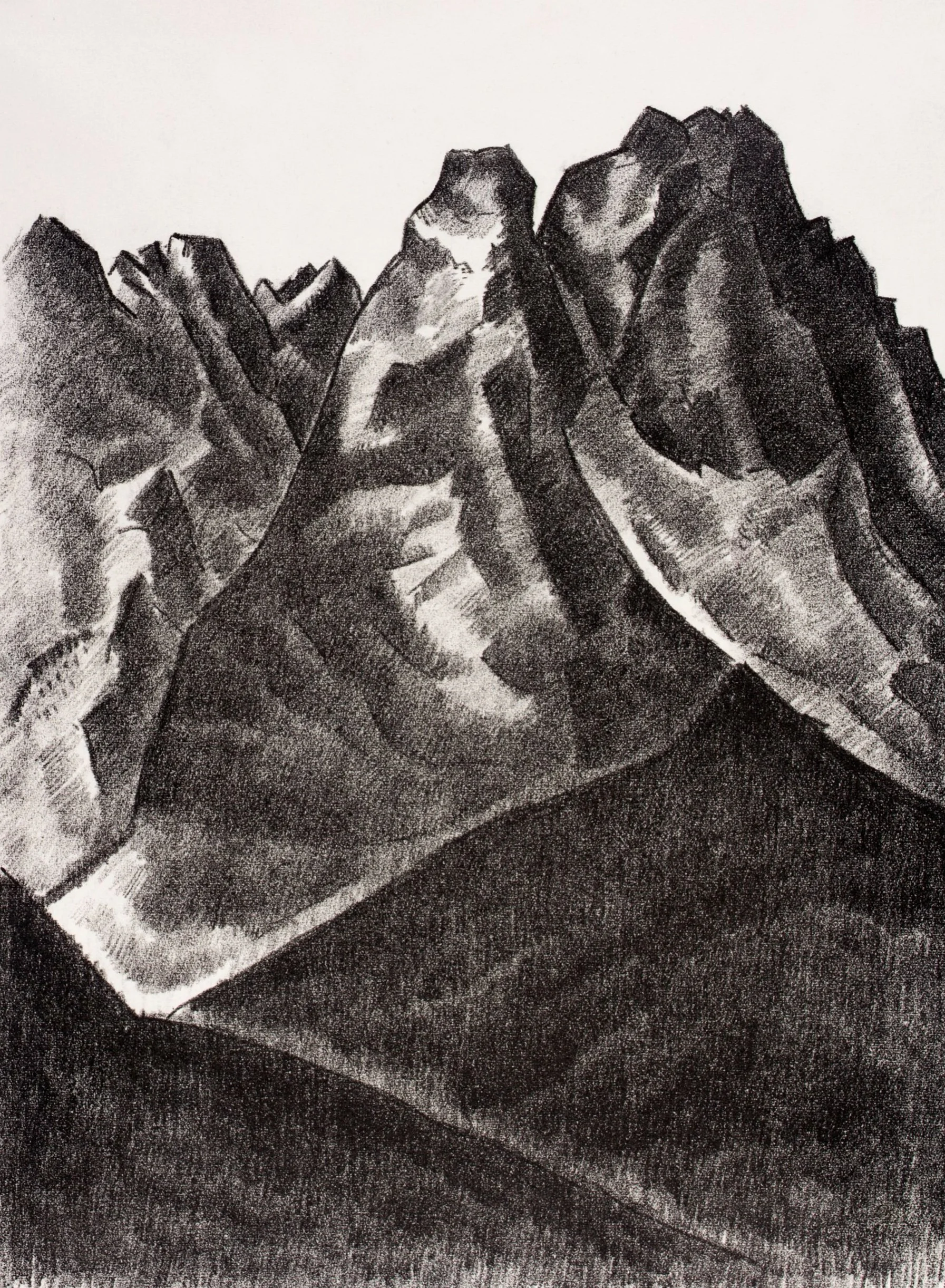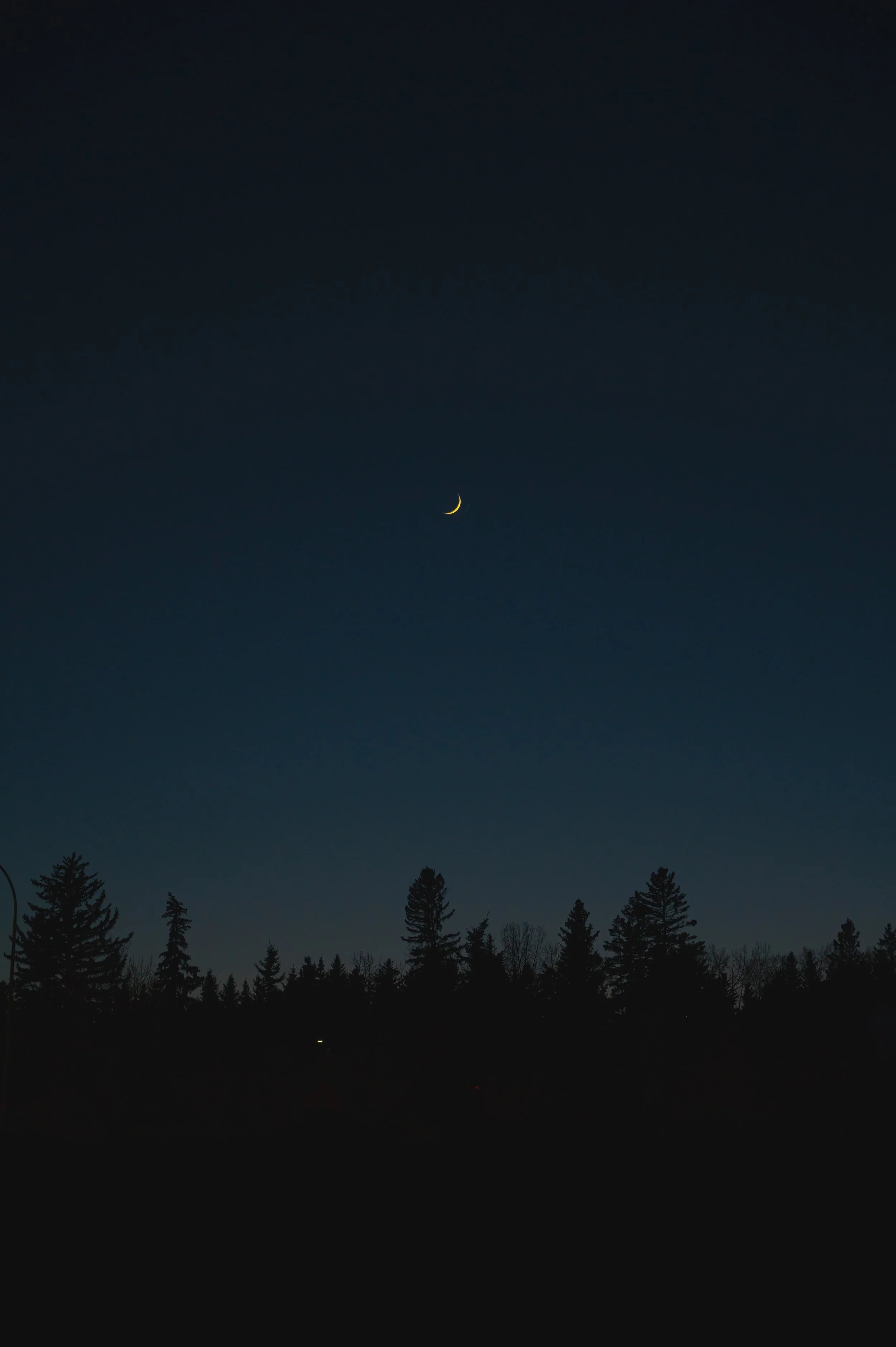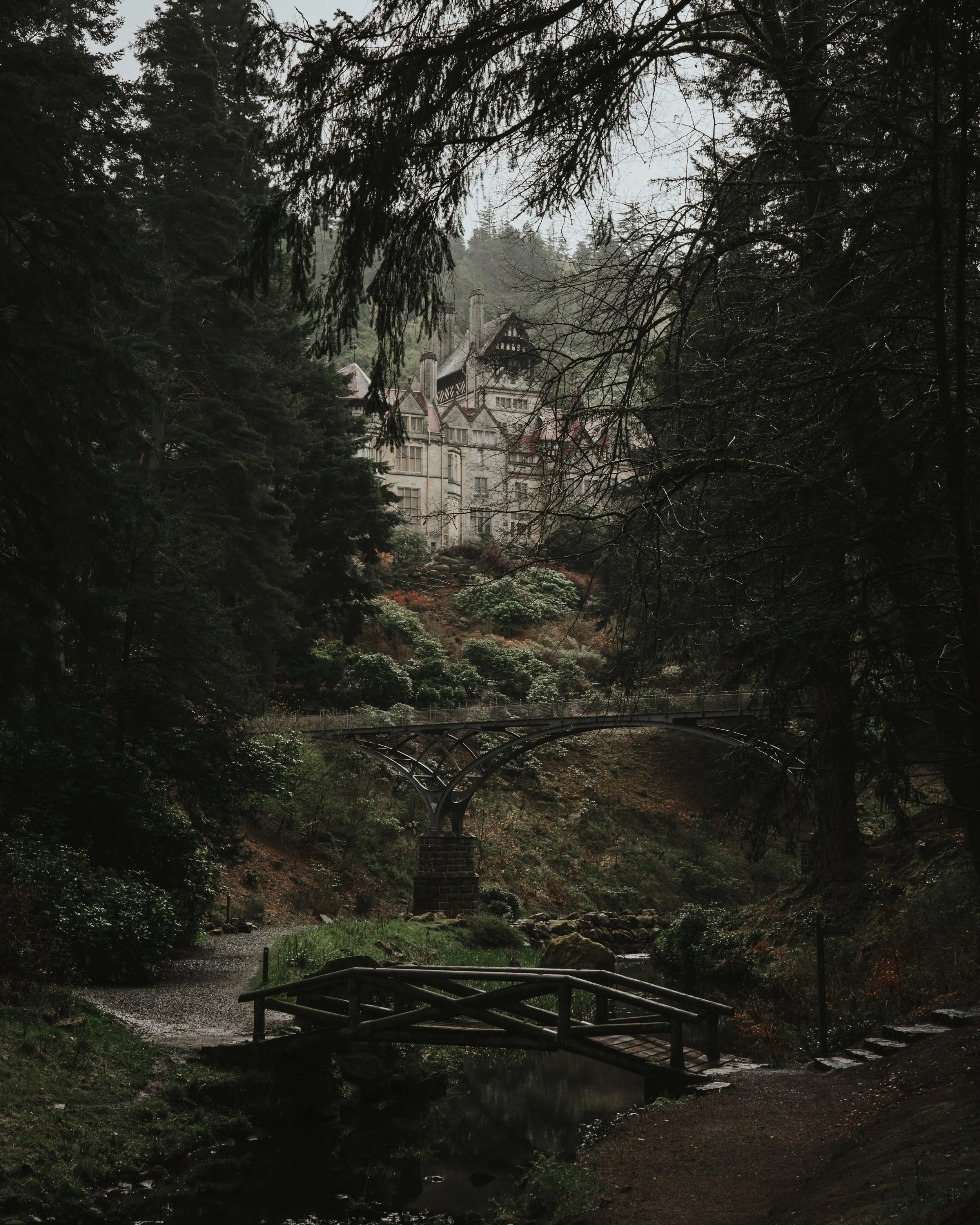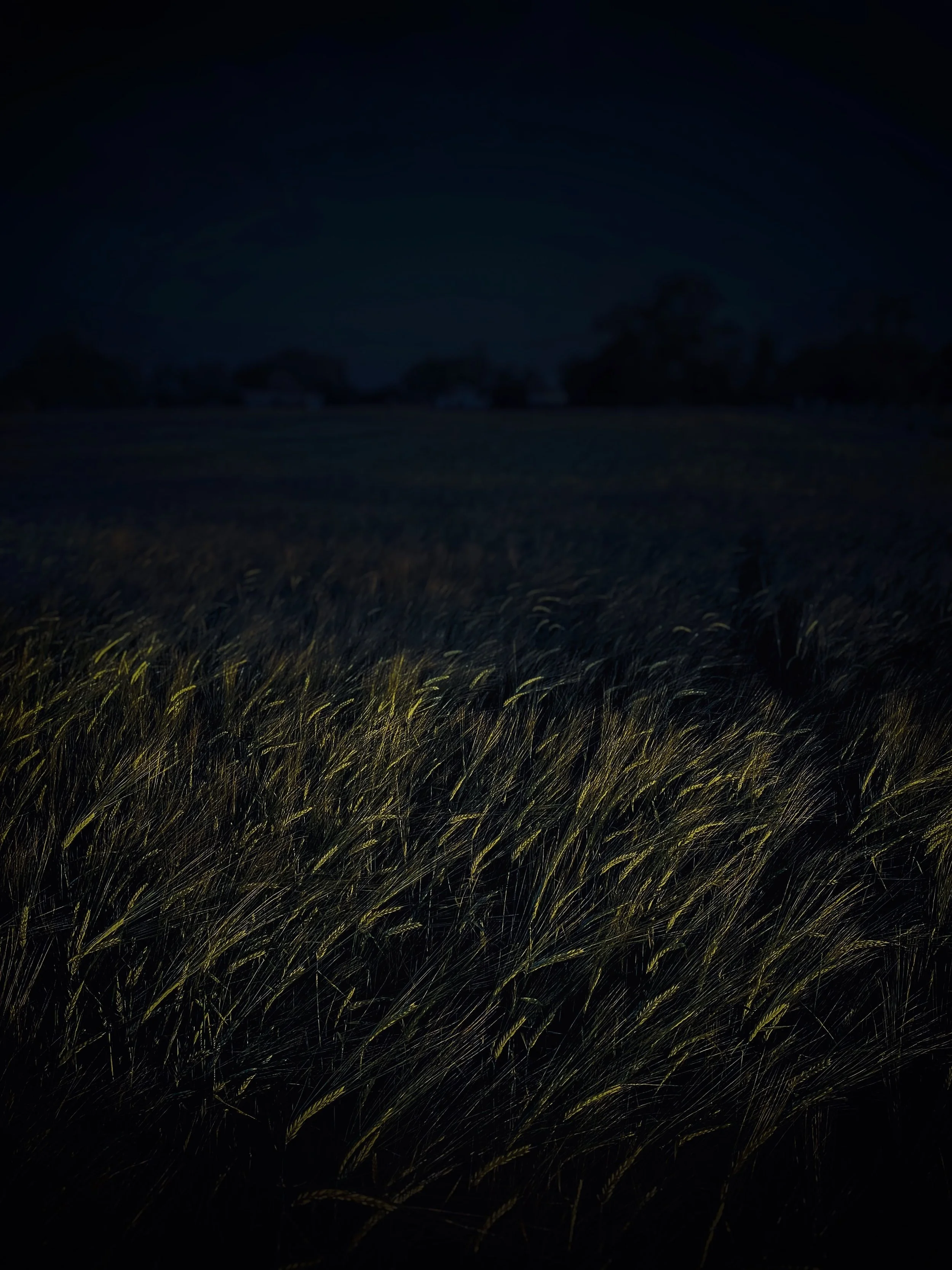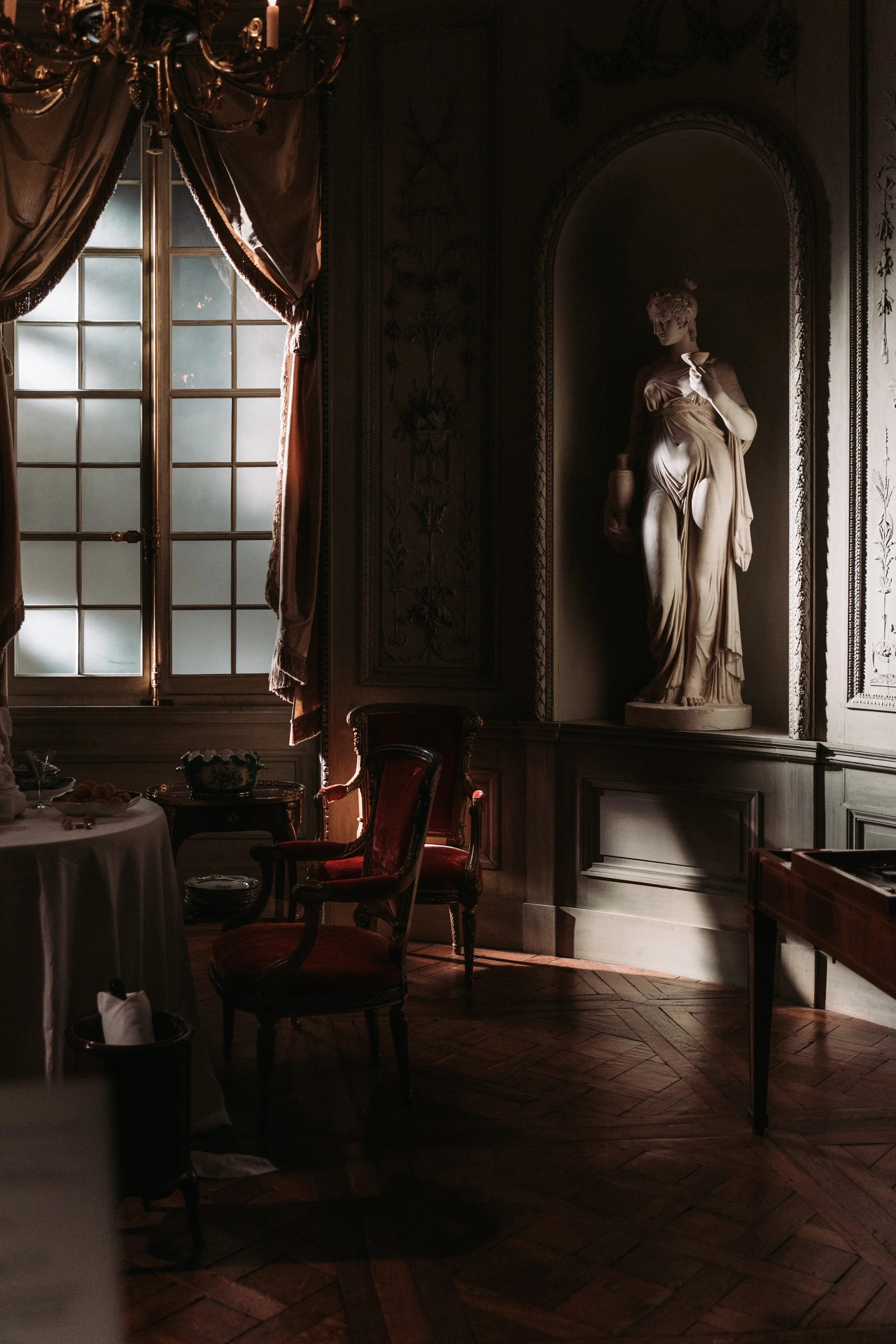
A Little Cloud
A chance reunion stirs something restless in Little Chandler, whose quiet life begins to feel suddenly—and permanently—too small. In Joyce’s hands, domesticity and ambition clash not in crisis, but in quiet humiliations, where the poetry remains unwritten and the baby’s cry drowns out the last note of hope.
Twilight Superstitions and Haunted Spots: The Legend of Sleepy Hollow
The dominant spirit that haunts this enchanted region is the apparition of a figure on horseback without a head. It is said by some to be the ghost of a Hessian trooper, whose head had been carried away by a cannon-ball, in some nameless battle during the Revolutionary War, and who is seen by the country folk hurrying along in the gloom of night, as if on the wings of the wind.
The Viy
The half-moon shone pale and high in the sky. Its mild light, still more subdued by intervening clouds, fell like a transparent veil on the earth. Woods, meadows, hills, and valleys—all seemed to be sleeping with open eyes. The atmosphere was moist and warm. Such was the night through which the philosopher Thomas Brutus sped with his strange rider.
Young Goodman Brown
Beneath the trembling pines and flickering torches of Hawthorne’s dark forest, a young man’s night journey becomes a grim initiation into the duplicity of the human soul. What he returns with is not proof of sin or innocence, but something crueler: the inability to trust either again.
What Was It?
While I was lying still as a corpse, hoping that by a perfect physical inaction I should hasten mental repose, an awful incident occurred. A Something dropped, as it seemed, from the ceiling, plumb upon my chest, and the next instant I felt two bony hands encircling my throat, endeavoring to choke me.
One Autumn Night
In a sodden corner of the city’s edge, Gorky stages a night not of salvation, but of fleeting human warmth—where two outcasts share a crust of bread, a sliver of comfort, and the unbearable weight of knowing how little separates pity from grace. The story never pleads for sympathy, yet leaves its mark like rain soaking through a thin coat: slowly, deeply, and with a chill that lingers long after morning.
The Walls Are Falling
A cold revolutionary finds himself, in his final hours, not embittered but transfigured—liberated from fear, weariness, and contempt as death draws near. In one of Andreyv’s most luminous psychological portraits, walls dissolve, time loosens, and the soul expands toward a terrible and tender clarity, where even the doomed become radiant with love.
The Tell Tale Heart
True! Nervous—very, very dreadfully nervous I had been and am. But why will you say that I am mad? The disease had sharpened my senses—not destroyed—not dulled them. Above all was the sense of hearing acute. I heard all things in the heaven and in the earth. I heard many things in hell. How, then, am I mad? Hearken! And observe how healthily—how calmly I can tell you the whole story.
At the Farmhouse
He had been warned, by hint and suggestion, that it was ill for a man to mate with a girl of that dark and ill-famed family, or for a woman to wed a boy in whose veins ran the blood of Jonas Trenair, who learned on one All-Hallows’ Eve a darker gospel than he had ever preached before.
A New England Nun
Louisa Ellis has spent fourteen quiet years tending to her home, her habits, and her solitude, an order so finely calibrated that even the clink of a suitor's teacup feels like a trespass. Wilkins crafts a story as crisp and deliberate as Louisa’s routines, where renunciation is not sacrifice but a subtle, radical act of self-preservation.
The Red Room
They seemed to belong to another age, an age when things spiritual were indeed to be feared, an age when omens and witches were credible, and ghosts beyond denying. Their very existence, thought I, is spectral; the cut of their clothing, the ornaments and conveniences in the room about them even are ghostly—the thoughts of vanished men, which still haunt rather than participate in the world of to-day.












